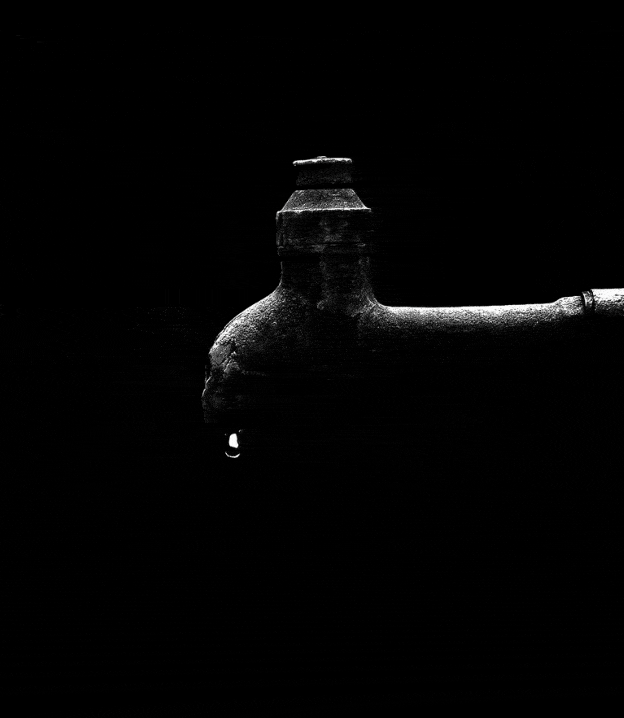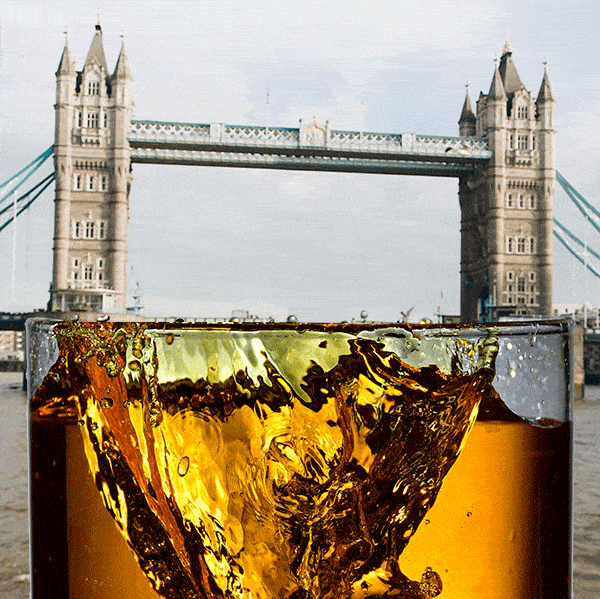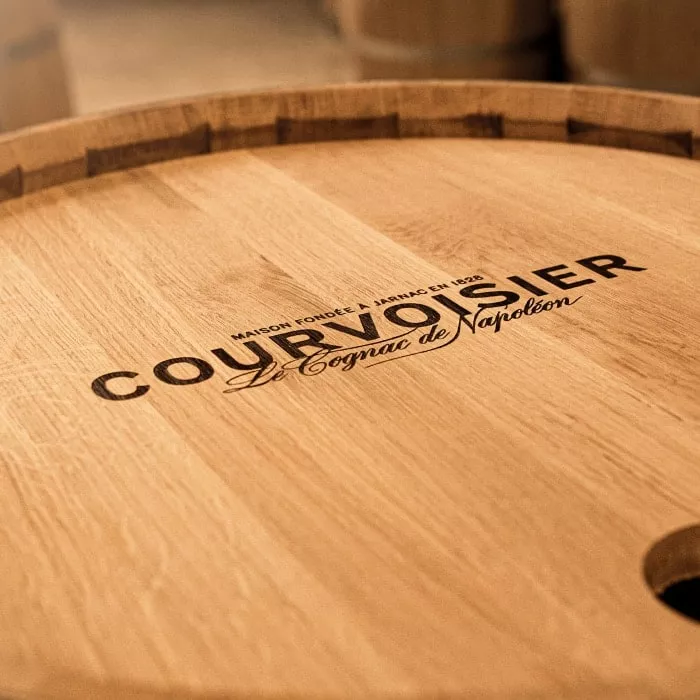
A beer from wastewater is produced in Germany to counteract climate change
This innovative beer project undertaken by two Berlin-based water supply companies and the local brewery Herforder was recently presented.
Berlin is known as a great innovation center. Germany, with its great beer production culture joins environmental purposes. This, to face climate change through innovative methods in the city. Concerned about the importance of this element, the water technology company Xylem together with the Herforder brewery created this wastewater beer called Reuse Brew.
The project consists of producing beer with purified wastewater, as well as simple and clean ingredients such as hops and barley malt. Jan Karl Nielebock, an expert brewer from Xylem, says: “Our Reuse Brew is created according to all the rules of the German brewing art, and contains, in addition to recycled water, the best ingredients that a craft beer needs.”
Premiered at the beginning of June, Reuse Brew was only presented at the Water Recovery and Recycling Conference in Berlin. Its commercialization is not planned and only 1000 bottles – four hectoliters – were produced for promotional purposes. The creation of this beer entails the awareness of the use of water and the importance of recycling it.
Xylem had previously worked on projects to create beer from wastewater in the United States. On the other hand, last summer a Stockholm brewery supported by Carlesberg launched a beer made from recycled sewage water called PU:REST.
Other Recycling Methods for Producing Beer
Not only water. Water, counts as a vital ingredient and its estimated use is around 3 liters of water per liter of beer. And, can be reused or recycled. But yeast is a highly recycled element, specifically by commercial breweries.
Unlike artisanal breweries who comparatively produce in small quantities. Mainly the use of this practice helps to obtain vigorous fermentations over and over again. And because it would be prohibitively expensive to buy enough yeast to ferment every batch of commercial size. For their part, artisanal breweries benefit from better production with each yeast transfer after each production.
The German Brewers’ Association’s Opinion
For its part, the German brewers’ association expressed itself through its spokesman Holger Eichele over this subject, who explains that the association is committed to protecting existing resources for brewing. He adds, however, that “the best water is that which does not ask to be cleaned or conditioned, because it is sufficient and of the best natural quality“.
Don’t drink and drive. Enjoy responsibly.
News
Stay tuned and discover all the news in the Spirits World for professionals and amateurs, by our Spirits Hunters’ experts.
See all posts in this category. Join the community on Reddit
Join the community on Reddit
Spirits Hunters is a community dedicated to spirits and the world of mixology. Feel free to talk about the world of mixology and bartending here!
Join






